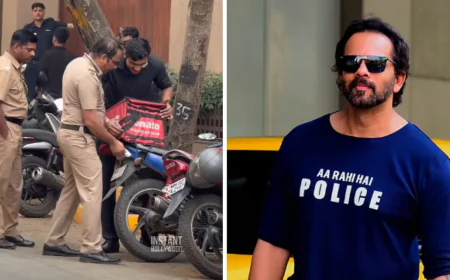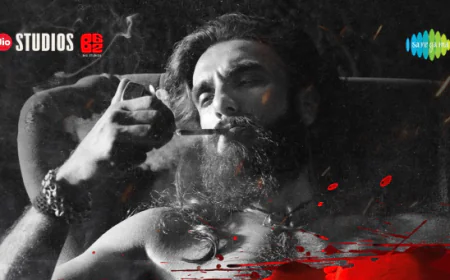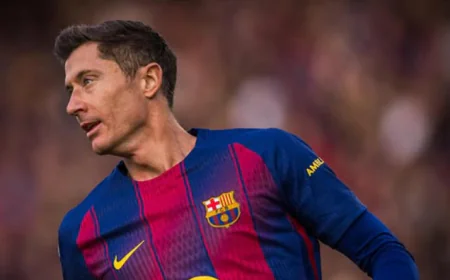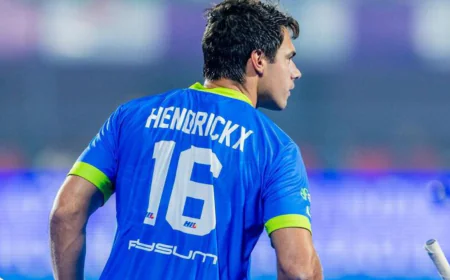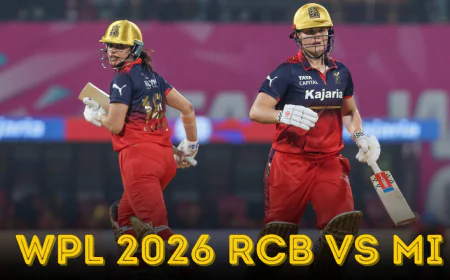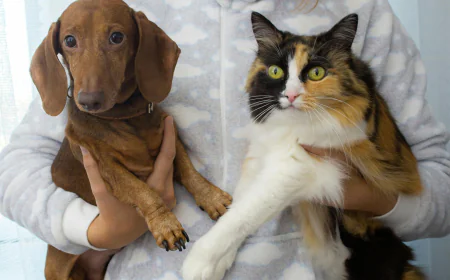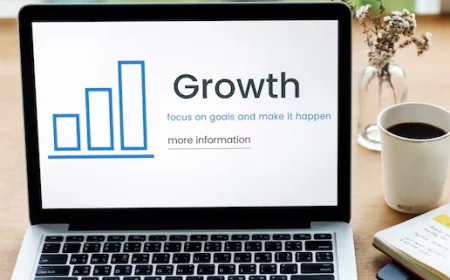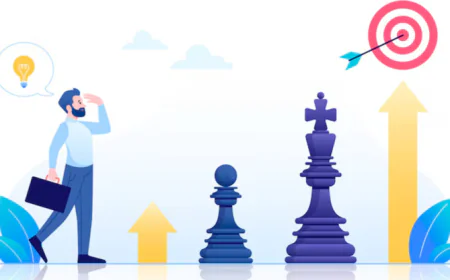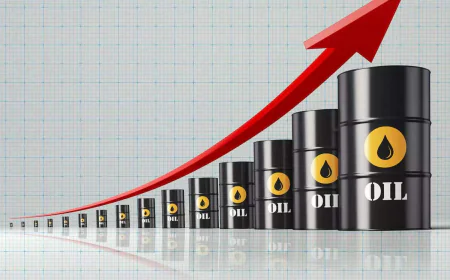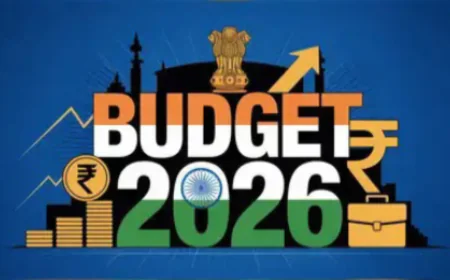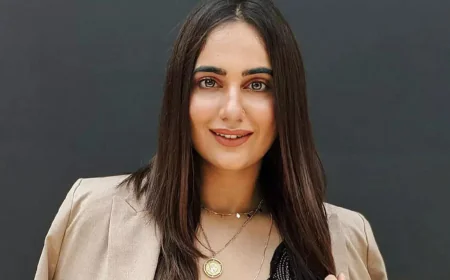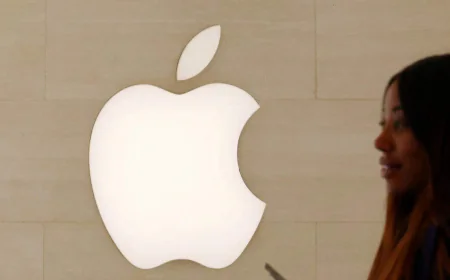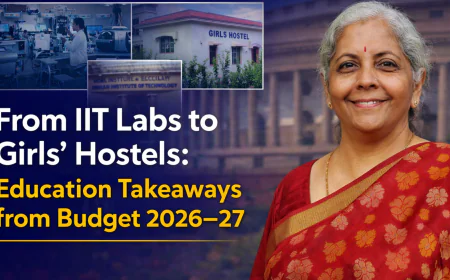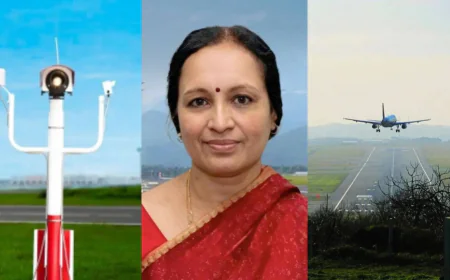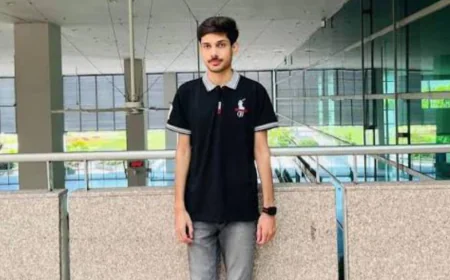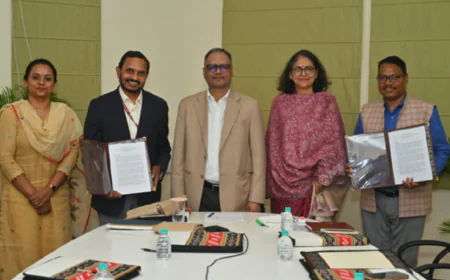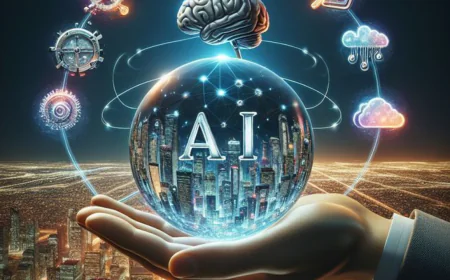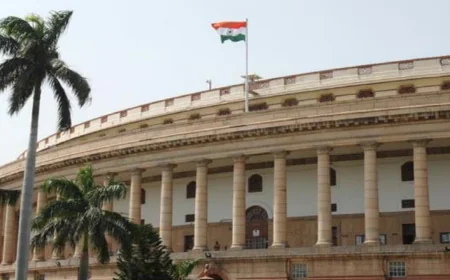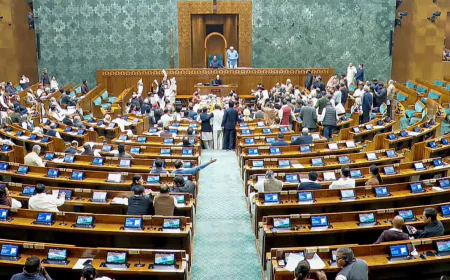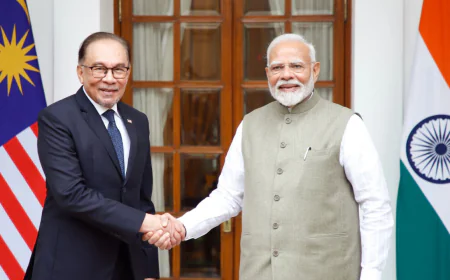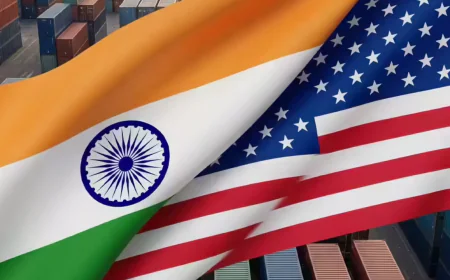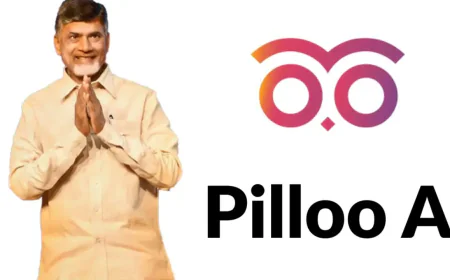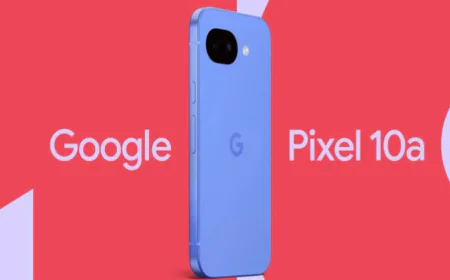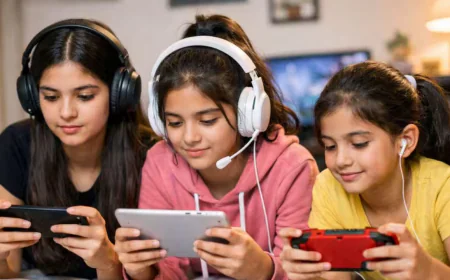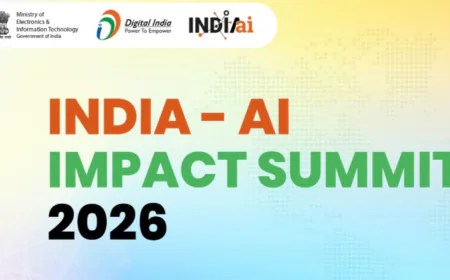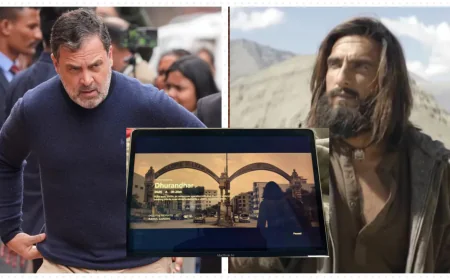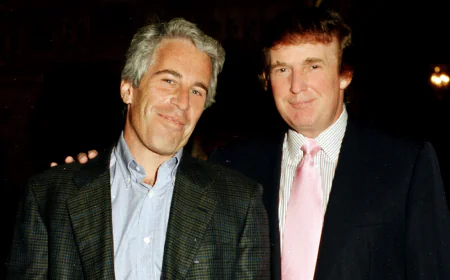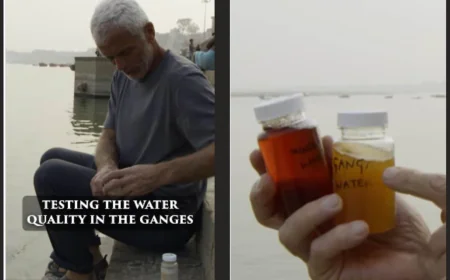YouTube Monetisation Update July 2025: New Rules to Target Low-Quality Content
YouTube will implement restrictions on mass-produced and repetitive content starting July 15

YouTube will have tighter rules for making money through its YouTube Partner Program (YPP) starting July 15, 2025. The platform's goal is to get rid of low-quality, repeated, or mass-produced content, especially content that isn't original or relies too much on automation.
What's going on?

YouTube's new policy makes it clearer that it values sincerity and creativity more than ever. Even though these values were already required to be eligible for the YPP, the new rules are meant to deal with the growing amount of AI-generated and pre-written content on the site.
In a statement, the company said, "YouTube is updating its guidelines to reflect what fake content looks like today."
Who is going to be affected?
Channels that make videos with automatic voiceovers, compilations of stock footage, or little to no human input may not be able to make money. YouTube made it clear that artists who use third-party content need to change it a lot in order to get ads to show up on their videos.
Even if the content is unique, but uses a lot of the same style or message, it could still be flagged if it doesn't clearly teach or entertain.
What You Need to Do to Start Making Money
The new policy changes the standards for material quality, but the basic requirements to join the YPP stay the same:
- 1,000 members
- 4,000 hours of public watch in the past year, or
- 10 million real views of Shorts in the last 90 days
If you don't meet the standards for sincerity, you could be kicked out of the program or stopped from making money.
What Does It Mean to Be "Inauthentic"?
YouTube has a list of different types of material that aren't allowed:
- Videos that were mass-produced with little editing
- Used other people's work without giving it their own opinion
- voiceovers or scripts done by AI without clear human input
It was made clear by the company that AI tools are not illegal, but they must be used with creative works from people.
What the Community Did
The creator group on YouTube has had a range of reactions. Some people were glad that real authors were given more attention, but others are worried that the rules could accidentally hurt educational or documentary-style faceless channels.
"Hope they crack down on spammy automation channels... but not at the cost of real effort-based content," said one Reddit user.
Last Word
This policy comes after YouTube's recent age limit on livestreaming and other efforts to crack down on fake activity. Even though it's not clear how the new rules will be enforced, authors are being urged to follow them before July 15, 2025, so their earnings don't get messed up.
